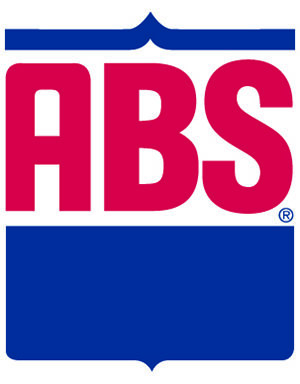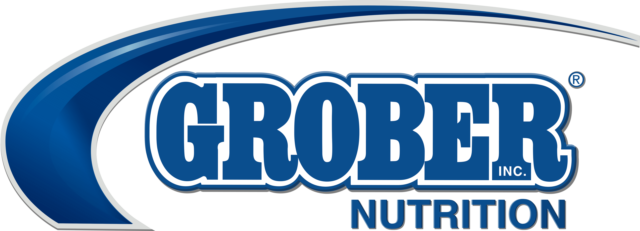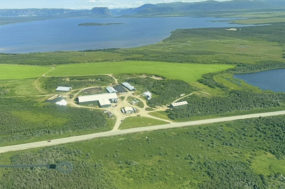As I write this on a fairly quiet Friday morning in early June, it is nice to have a chance to reflect on the events that have transpired. In fact, reflection is something Lee Cockerell suggests people do each day in the article titled “Four competencies every leader should work on.”
Here are the parallels I noticed for each topic:
Feed, forages and nutrition
Items in this topic usually start with a seed, and for me it was finally planting week on our small farm. The weather this spring was interesting to say the least. Planting in our area was delayed due to rain and late snow that prevented fieldwork.
We pushed ours back even further, hoping for a good stretch of drying weather to evaporate some wet spots. Sadly, it didn’t happen, but at least the soybeans went in on Monday, and we can stop trying to guess at when would be a good time to plant.
Our tobacco crop is going in today. My quiet morning will become a busy day, with lunch to prepare, helping to pull plants from the trays and placing them in bins for the crew on the planter, and drifting back to my home office as much as I am able to help guide the magazine you are now reading through its last days of production.
By the time you read this, I hope your spring-seeded crops are growing well. Now would be a good time to read the article titled "Adjust cutting height to maximize conventional corn silage in the ration", to determine whether you need to make any adjustments to cutting height as you harvest corn silage this fall. The article "A year-round approach to silage minagement" also offers some items to consider in terms of silage management that would be worth a read before harvest.
For anyone looking to seed in a new alfalfa crop, you may want to read the article "What's in a seed?" to learn more about choosing the right variety, seed treatments and coatings, as well as seeding rates to produce high yields and establish a stand with a long life.
Dry and transition cows
One of the biggest transitions in a household with school-aged children is the end of the school year. In a transition cow, as much as you prepare with feeding a diet to help its body transition, parturition is still rather abrupt, and the body must make some quick adjustments.
Similarly, my children loaded the school bus on the last day of school and, by late evening, they had abandoned the concept of bedtime since there was no school the next day – talk about an abrupt adjustment. I have a hunch they will transition to their new schedule better than me.
To help your cows through the transition phase, check out the articles in the Heard Health category. There is a lot of information on feeding and ways to reduce stress for these animals.
Equipment, tools and implements
We all come to rely on many types of equipment throughout our lives. Critical pieces of farm equipment consist of milking machines, mixer wagons, skidloaders and more. Without these, your daily operation would not be the same.
For me, I realized how important a working refrigerator is to my household. The refrigerator we relied on for the past 10 years started failing. When I needed to manually defrost it once a week, I decided it was time to replace it. While we waited for delivery of our new refrigerator, we were operating out of a unit one-tenth the size of what we were used to using.
Luckily, it could still hold enough milk, cheese and yogurt to sustain us – but not much more. Be sure to check out the articles in the Facilities & Equipment category that focus on equipment maintenance, purchasing and safety so you can keep your operation running at full capacity. ![]()

-
Karen Lee
- Editor
- Progressive Dairyman
- Email Karen Lee









